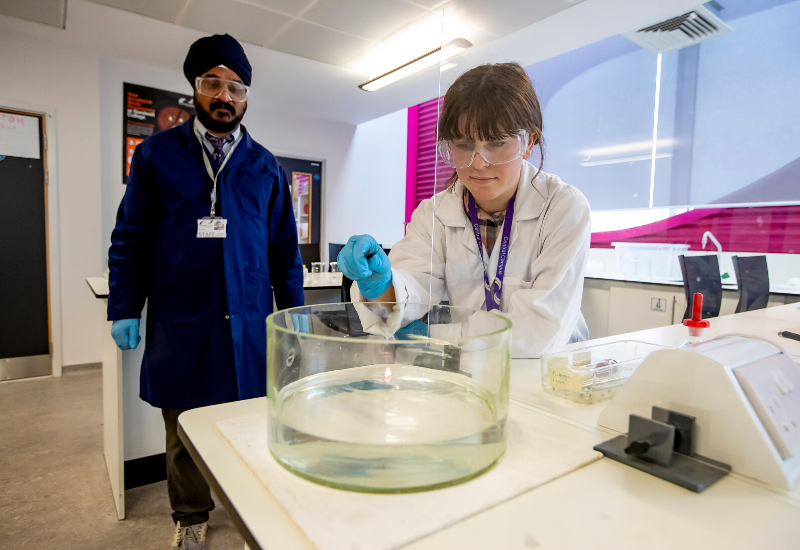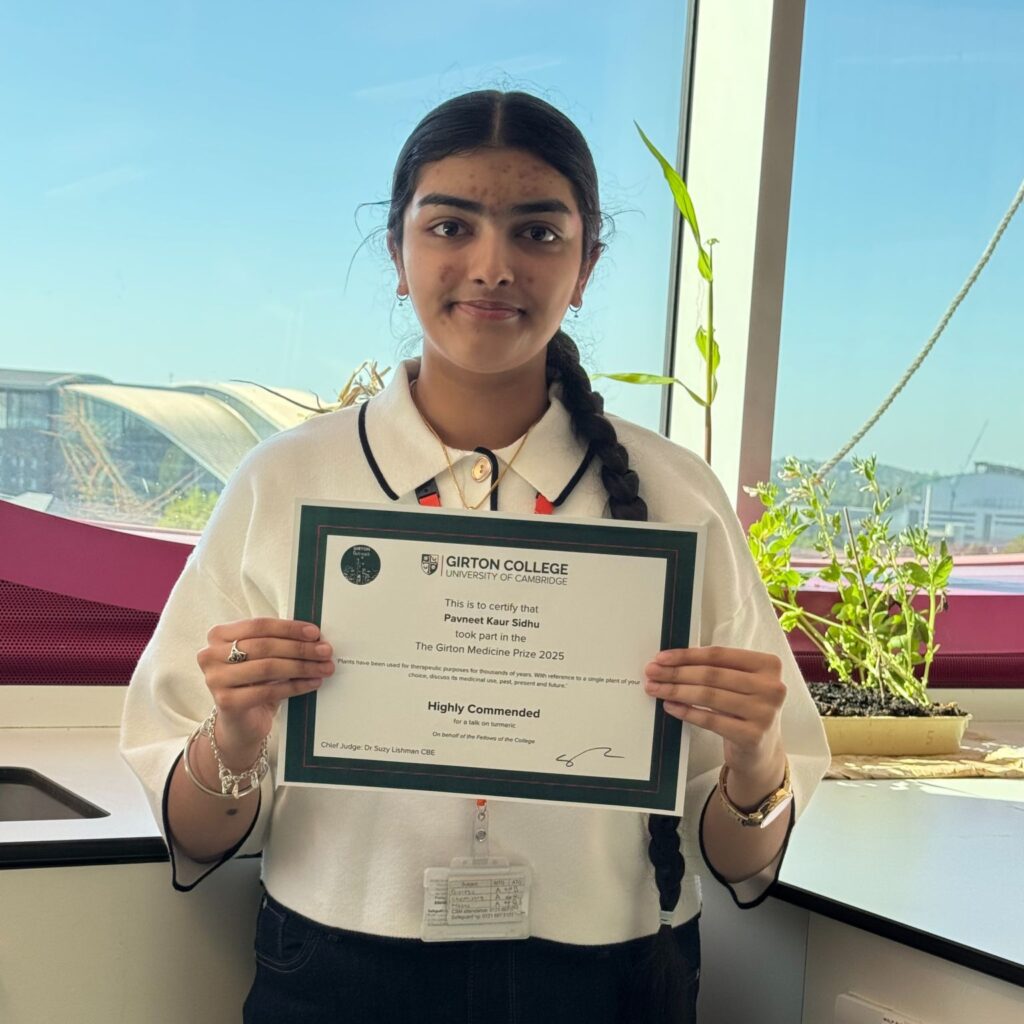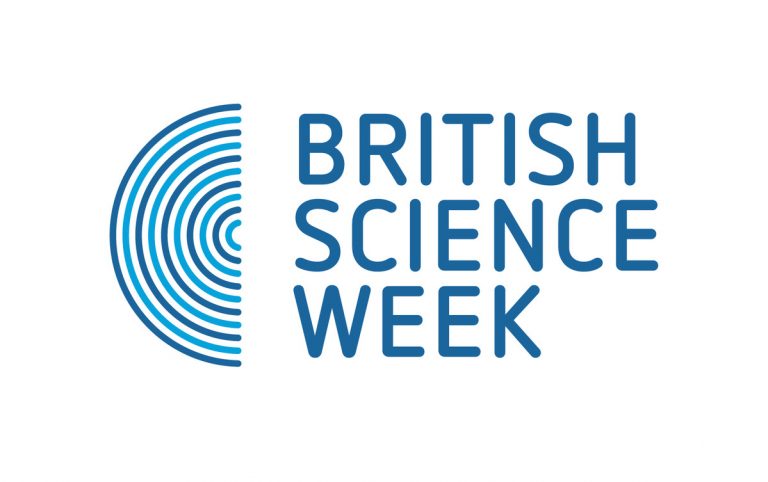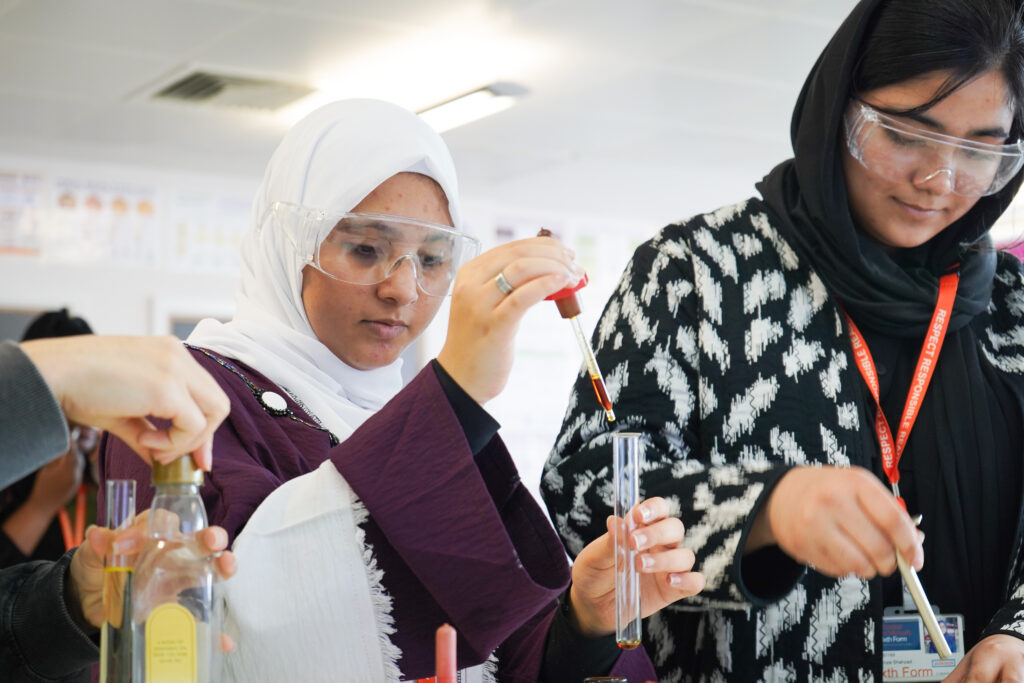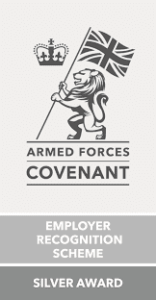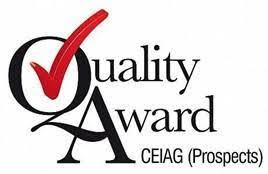The GCSE Chemistry course is designed for students who either don’t currently hold a GCSE in Chemistry at a grade 4 or above (or equivalent), or who are looking to improve their Chemistry skills for various purposes. It’s valuable because it helps you to build a foundational understanding of how the world works, helps you develop essential analytical and problem-solving skills, and opens doors for you to a wide range of future career paths.
You will develop scientific inquiry skills by gathering evidence and drawing conclusions; critical thinking skills by analysing data and evaluating arguments; and communication skills, both orally and in writing.
Content Overview
1. Atomic structure and the periodic table
2. Bonding structure and the properties of matter
3. Quantitative chemistry
4. Chemical changes
5. Energy changes
6. The rate and extent of chemical change
7. Organic chemistry
8. Chemical analysis
9. Chemistry of the atmosphere
10. Using resources
11. Key ideas
Facilities
Specialist science laboratories for practical experiments and research

